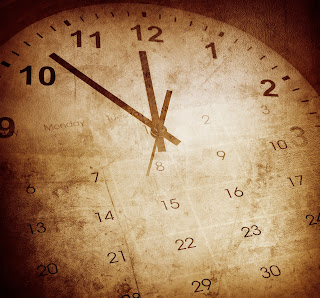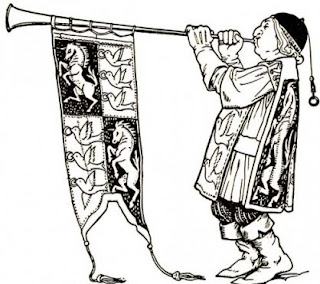4391… 4391…
The other day, I reached for my ATM PIN
for the first time in a while. At the same time a distraction pulled my
attention away and I simply lost the number. I tried in vain to recapture it
for the next few days, eventually locking out my poor PIN altogether. With the
leftover cash from our France trip finally running low, I had a need to use an
ATM, so rather than struggle and potentially lose the card, I gave in and had
the number changed, a move that naturally required going to the bank in the
driving rain.
Later this evening, the number popped
unbidden into my head… 4391. The synapse of over twenty years memory magically
restored.
It was humiliating to go into the bank
and admit to forgetting something as vital as my PIN number. For the first
time, I felt like there may have been a cognitive skip in my brain function. Am
I getting old? I
have had so many dreams about forgetting numbers, although usually things like my
mailbox combination from summer school forty years ago. To have something that
I used not two or three weeks before simply vanish was terrifying. But I was comforted
by the fact that this was hardly the first time that something like that has
vanished from my mind, and not even just in recent times. Always the memory
finds a way back, but this time it seemed so far gone.
And then, after it was no longer needed,
there it was again... 4391.
The memory is a strange place. We have
no idea how we process information into storable and retrievable chunks. The models,
which are most certainly wrong, talk about short term storage, probably as some
sort of protein package which later converts into a hard neural network. It’s
weird to think that the fact I just learned is the equivalent of a slice of beef
jerky. But no weirder to think that the poems I memorized in grade school are just
jolts of an electrode.
Memory retrieval is even harder to
understand. In our imaginations we think of there being pigeonholes and filing
cabinets – the holes for the new memories, the cabinets being for long-term storage.
But there are of course no such structures in our brain. If the models are correct,
there are not even physical structures to store. So how do we read the
electrical impulses as a memory? How do we know that the impulses are accurate?
We don’t know and they probably aren’t. Memory is fallible from the moment it
is formed. It is affected by mood, context, background, every factor that is
imaginable. As is the retrieval. How many times have you grieved over the
memory of a loved one’s face or voice only to laugh later at the exact same
memory?
4391… a number now obsolete, but after
twenty or more years it is so deep in my long-term memory that it will probably
never completely vanish. Except when I might need it again.
Now what was my new number?

.jpg)






















